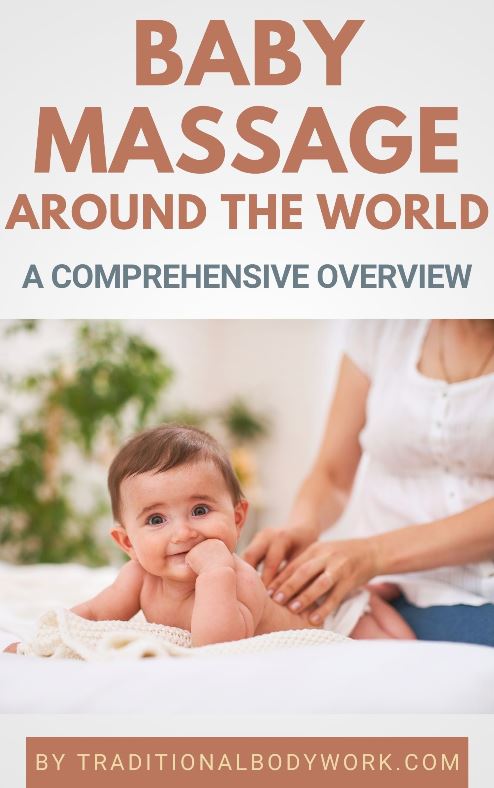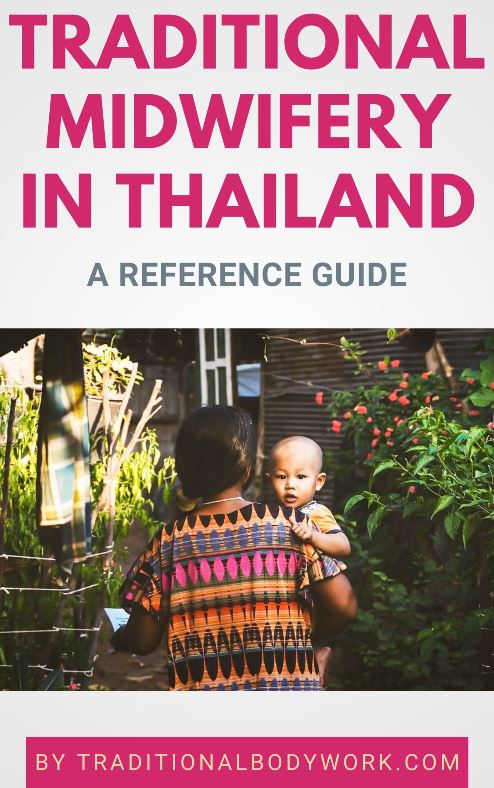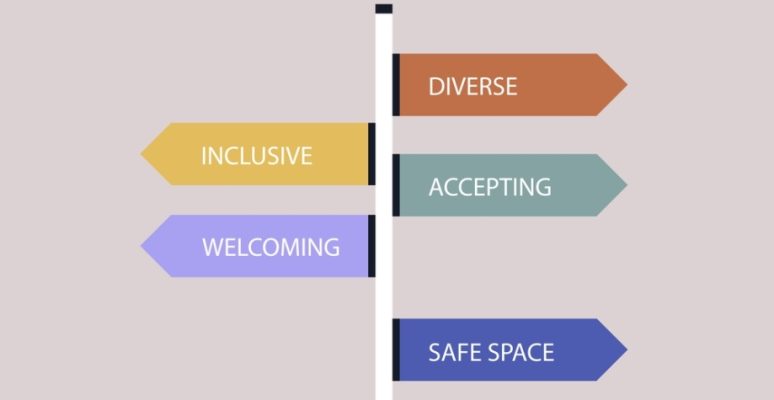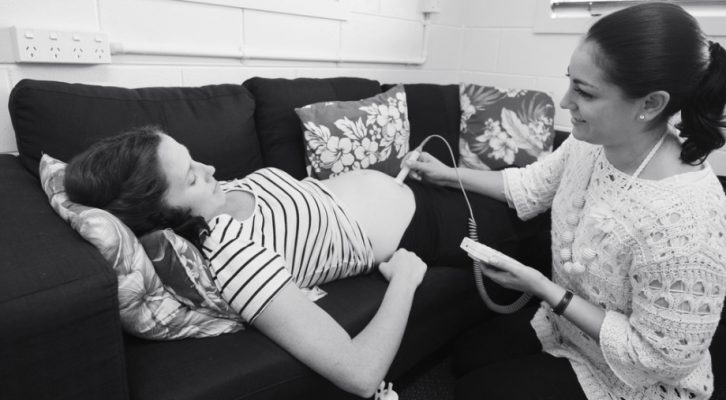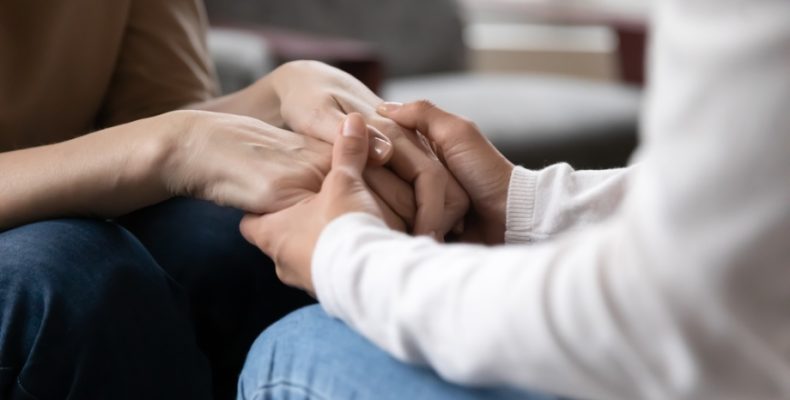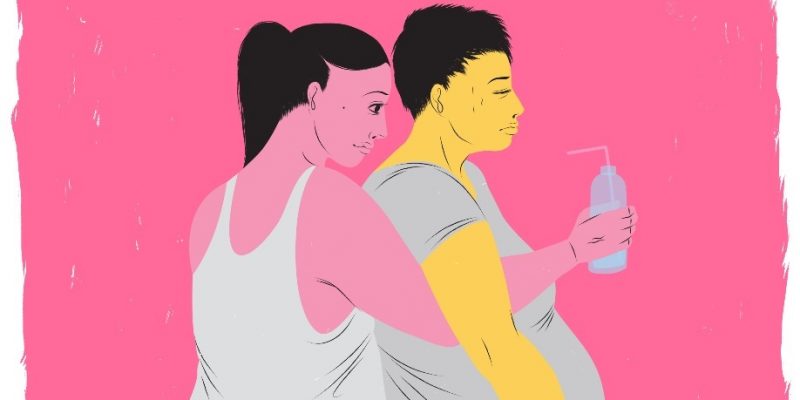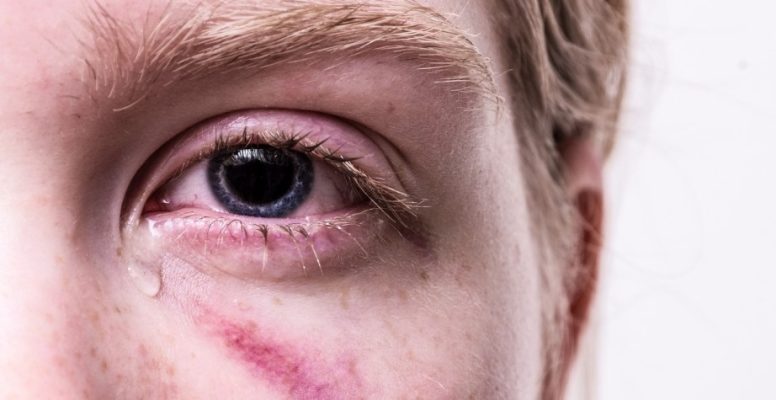
A Community Doula or Community-Based Doula is a Doula who predominantly works with the underserved or sidelined, that is, with clients who typically belong to a certain ethnic, racial, structurally marginalized, or lower socioeconomic group, and have little to no support outside their community (or sometimes not even within their community).
In a more formal way, we could state that Community Doulas provide “culturally or socially appropriate support to people in communities who are underserved and at risk of poor health outcomes.”
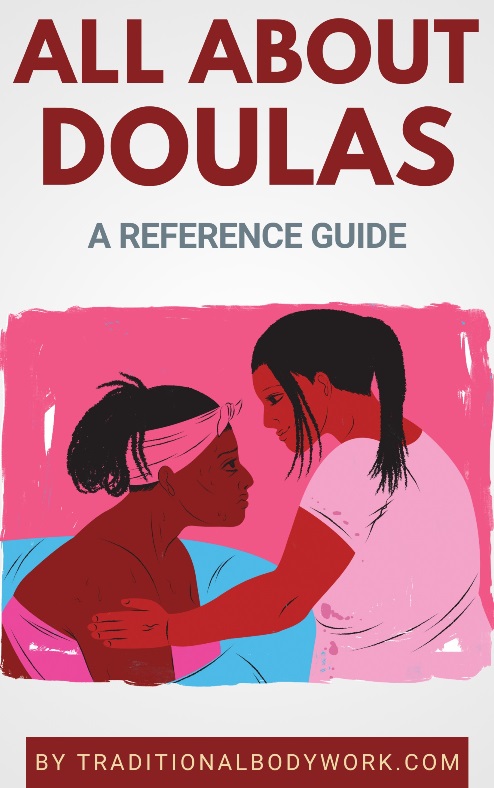
In general, the Community Doula’s work mostly focuses on giving support to women (and their partners or families if applicable) in their pregnancy, labor, and postpartum period, but they may also cover other domains than the reproductive trajectory.
Mind that the population that’s served by Community Doulas usually experiences higher rates of maternal and infant mortality, higher rates of prenatal and postpartum depression, and discrimination and mistreatment in and outside the medical system.
Hence, as a rule, Community Doulas strongly focus on sustained advocacy (while also teaching self-advocacy skills), educational, informational, social, culturally appropriate, and nutritional support during the client’s pregnancy and postpartum journey.
Mind that the label Community-Based Doula is usually also applied for BIPOC Doulas, Black Doulas, Indigenous Doulas, and LGBTQ Doulas, the latter types of Doulas representing specific marginalized or underserved communities who must deal with particular community-related issues that need to be taken into consideration.
Community Doulas often work as volunteers, or for a small wage to cover costs, although some may be paid in a regular way. It’s also notable that those who choose to become a Community-Based Doula have either been through a similar situation, have been part of or are still part of the community they serve, or have a heart for women in crisis.



